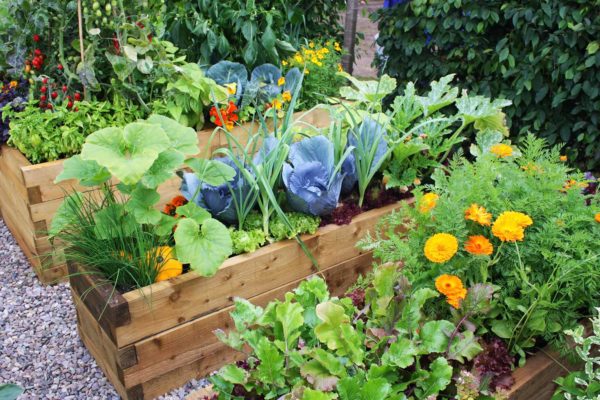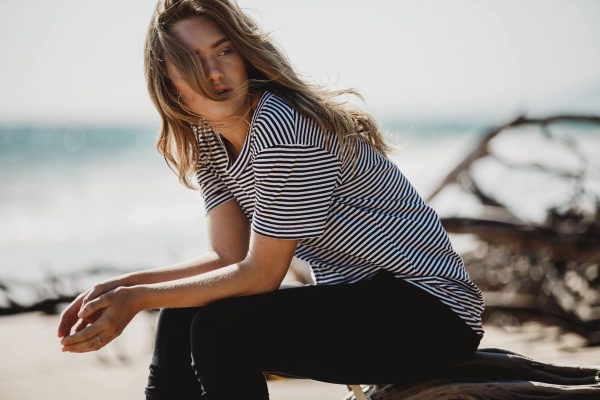Oxfam’s Made in Poverty Report Reveals Majority of Garment Workers are Not Paid a Living Wage
Kira Simpson
Oxfam has released a new report titled “Made in Poverty,” the first in-depth investigation of its kind which looks into the supply chains of big Australian fashion brands including Kmart, Target, Cotton On, and Big W.
Based on hundreds of interviews with garment workers in Bangladesh and Vietnam the research shows appallingly low wages in the garment sector are trapping workers and their families in a cycle of poverty.
Oxfam Australia’s chief executive Dr. Helen Szoke says the investigation “uncovered the widespread payment of poverty wages and the impact this is having on the lives of the workers, mainly women, making the clothes Australians love to wear.”
Images via Oxfam
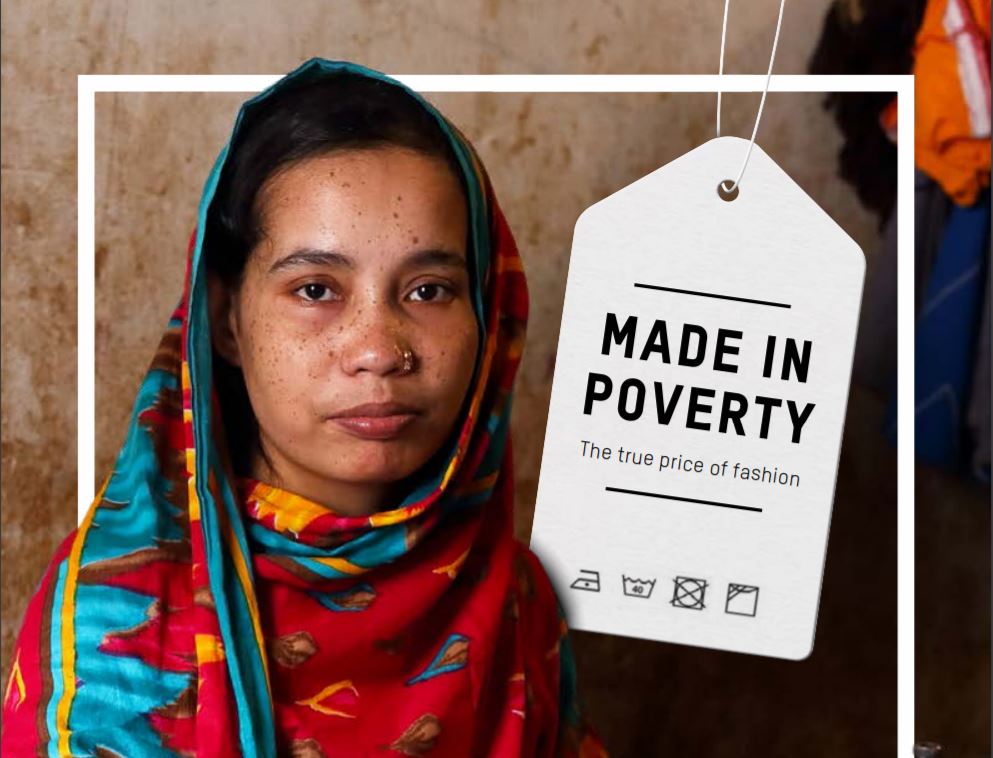
The facts
- Nine out of ten workers interviewed in Bangladesh cannot afford enough food for themselves and their families, forcing them to regularly skip meals and eat inadequately, or go into debt.
- 72% of workers interviewed in Bangladesh factories supplying to major brands in Australia, and 53% in Vietnam, cannot afford medical treatment when they get sick or injured.
- 76% of workers interviewed in Bangladesh factories supplying to major brands in Australia have no running water inside their home, and more than 40% in Vietnam reported worrying about having to use well or rainwater.
- In Bangladesh, one in three workers interviewed are separated from their children, with nearly 80% of those cases due to a lack of adequate income.
“Australian brands are an integral part of the system that keeps these women trapped in poverty.”
Last year’s report found paying living wages would add just one percent on average to the retail price of a piece of clothing.
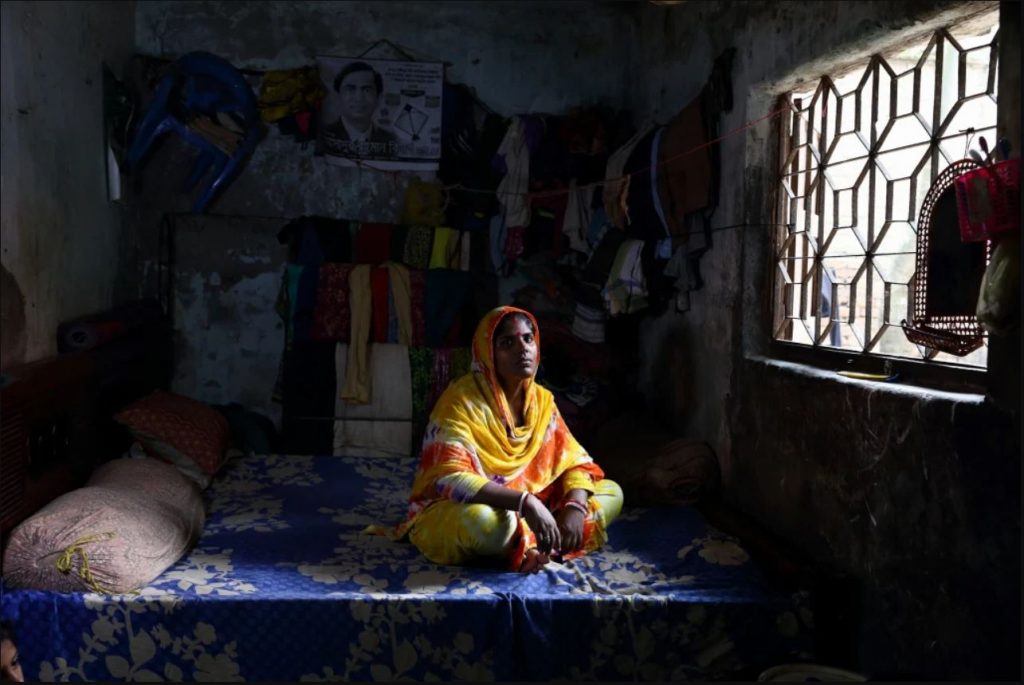
Garment worker Chameli; “The thing that motivates me the most … I just think if I don’t work, my children won’t get any food.” Image via Fabeha Monir for OXFAM Aus
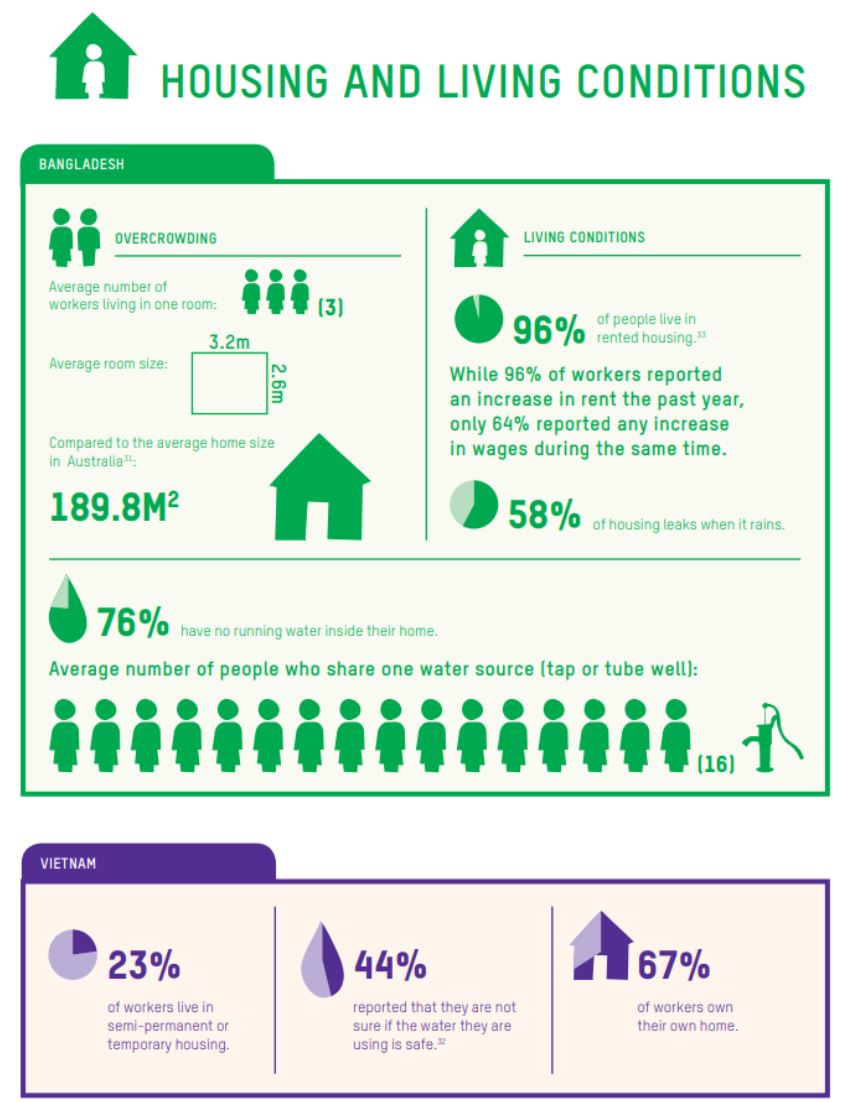
The average home size of the women who make our clothes in Bangladesh is just 2.6 by 3.2 meters. Three people usually share this one tiny space.
“The women who make our clothes are entrenched in a cycle of poverty — because big Australian brands, like BONDS and BIG W, allow poverty wages. Our new research shows big brands are failing to ensure payment of wages that are enough for women, in countries like Bangladesh and Vietnam, to afford even the basics of life — like decent shelter and food for their kids.” – Oxfam
We need to demand big brands commit to paying a living wage because no one should live in poverty.

